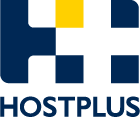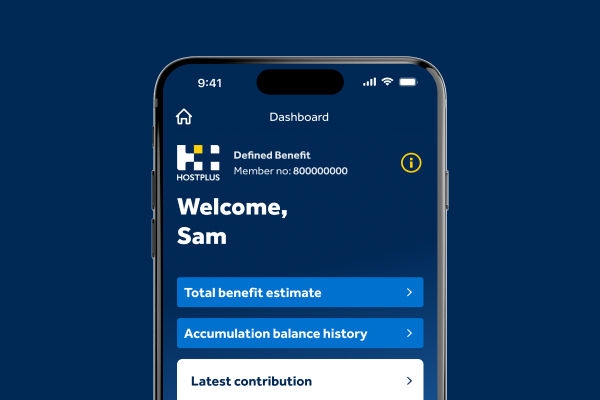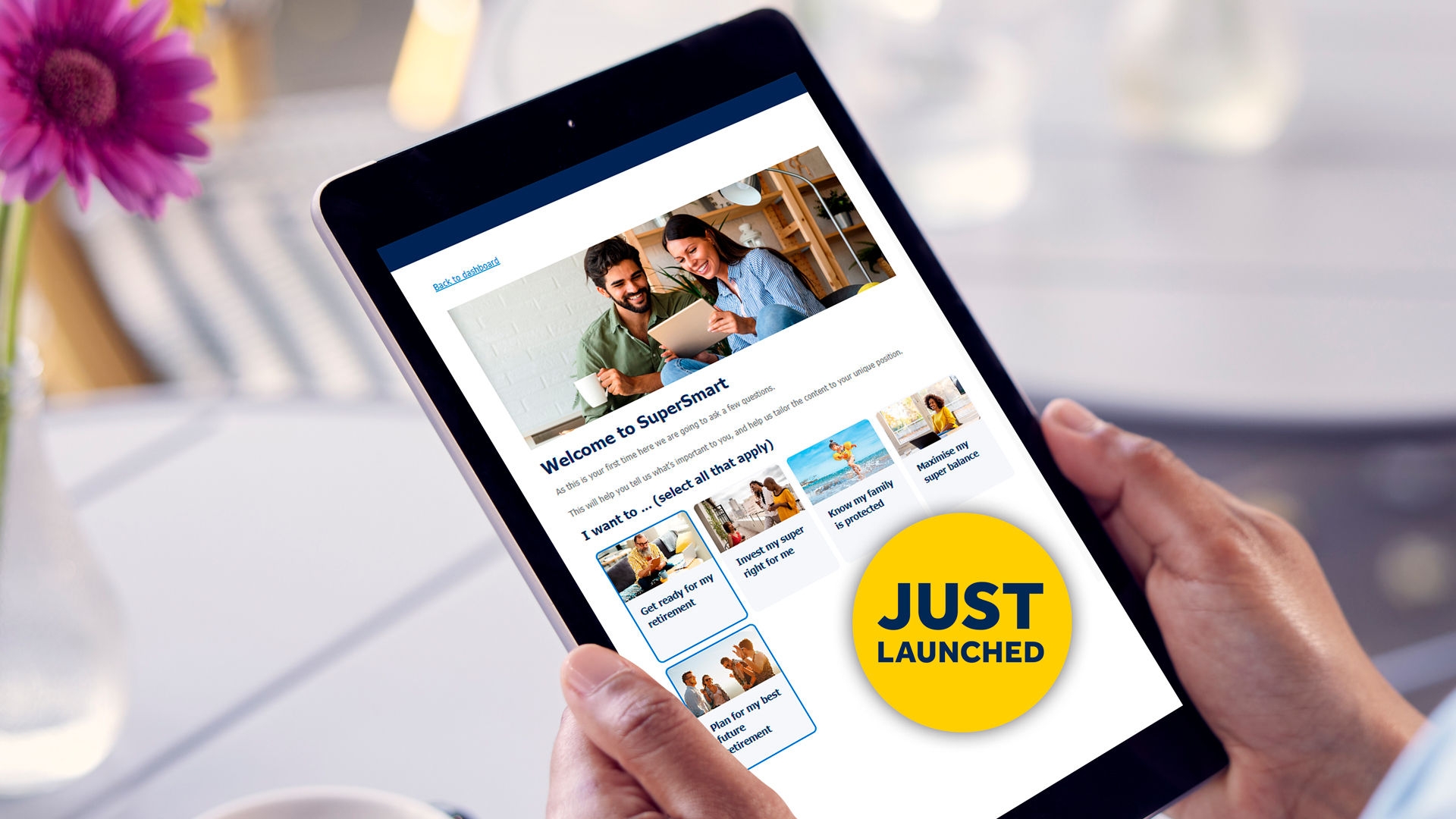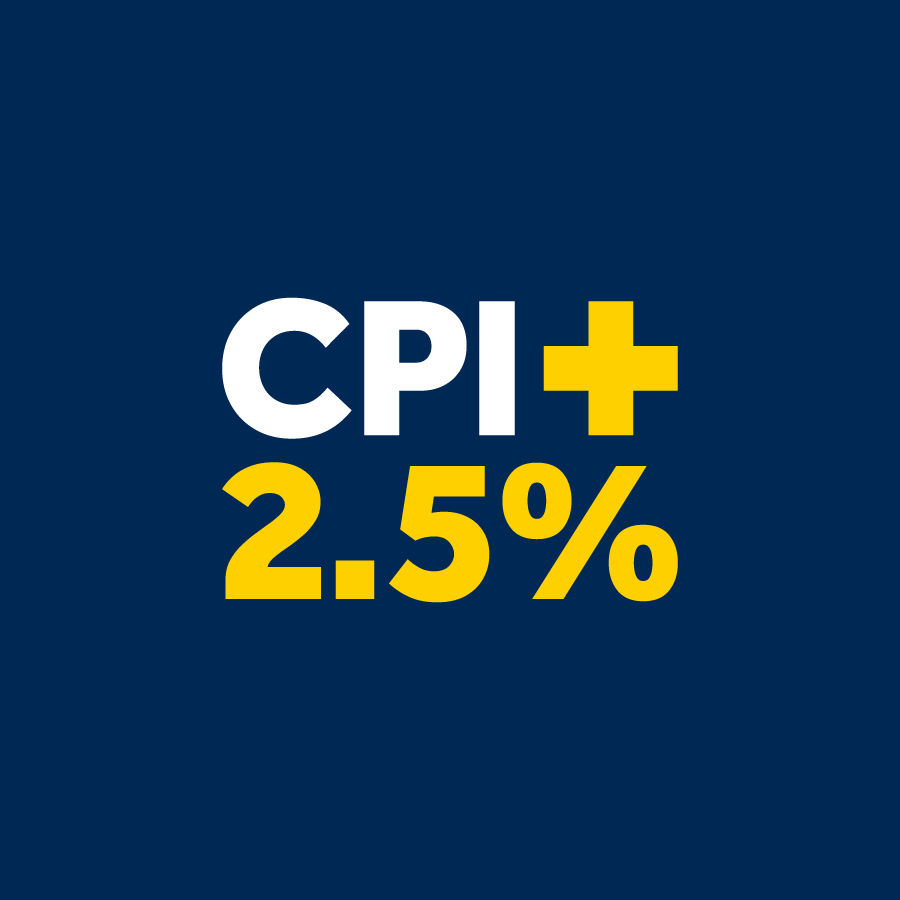
Treasurer Josh Frydenberg has delivered the Government’s 2022-23 Federal Budget. It was pleasing to see no major changes for superannuation. Instead, measures to address cost-of-living concerns were a major focus, as well as investment in jobs, infrastructure and regional Australia.
We’ve summarised some of the super changes that could impact members and employers.
For retirees
Minimum drawdown rule for pensions extended
The minimum drawdown amounts that apply to pension accounts will stay at a reduced rate for another year. This reduction halves the minimum amount pension members must withdraw from their account each year, in order to qualify for tax concessions.
The measure allows retirees to keep more of their savings invested for longer and avoid selling assets in a volatile market.
The reduced drawdown rates, which have been in place since the 2019-20 financial year, will now be effective until 30 June 2023.
| Age | Default minimum draw-down rate | Reduced minimum drawdown rate (effective 1 July 2019 – 30 June 2023) |
|---|---|---|
| Under 65 | 4% | 2% |
| 65-74 | 5% | 2.5% |
| 75-79 | 6% | 3% |
| 80-84 | 7% | 3.5% |
| 85-89 | 9% | 4.5% |
| 90-94 | 11% | 5.5% |
| 95+ | 14% | 7% |
For employers
Relaxation of certain work restrictions for a range of visas
The Government previously announced the relaxation of certain work restrictions on a range of visas including eligible Student and Working Holiday Maker (WHM) visa holders. They reaffirmed this commitment in last night’s Federal Budget announcement, providing support to businesses and aiding Australia’s economic recovery.
The temporary changes include:
- removing working-hour limits for Student visa holders across all sectors
- increasing country caps for Work and Holiday visas by 30%, boosting overall places by around 11,000, and
- relaxing the six-month work limitation for WHM visa holders.
These are especially important measures for hospitality and tourism businesses, who rely significantly on working holiday makers to supplement their domestic workforce.
For self-managed super funds
Digitising trust income reporting
Self-managed super funds (SMSFs) will be able to lodge income tax returns electronically, effectively digitising trust and beneficiary income reporting. This should ease tax reporting for SMSFs, who will be able to take advantage of pre-filled information and automated ATO assurance processes.
This measure is due to take effect in 2024.
Previously-announced changes coming into effect on 1 July 2022
For superannuation members
Superannuation guarantee increases
In good news for members, the Government announced no changes to the legislated increase to the superannuation guarantee (SG). The SG is the minimum amount an employer must pay into your super, on top of your salary or wages.
Currently, employers are required to pay 10% of your salary into super. This amount will increase to 10.5% on 1 July 2022. It’s then legislated to increase by 0.5% each year until it reaches 12% on 1 July 2025.
These increases are an important measure to ensure members can save enough for a dignified retirement.
Minimum income threshold to be removed
From 1 July 2022, the Government will remove the $450 minimum monthly income threshold for the superannuation guarantee.
The removal of the threshold will benefit an estimated 300,000 lower-paid workers, 67% of whom are women1, who will now receive mandatory super contributions.
This is a welcome step to ensure more people in entry-level, part-time and casual jobs get a much-needed boost to their super savings.
First home super saver (FHSS) scheme expanded
The maximum you can save under the FHSS scheme will increase from $30,000 to $50,000 for individuals from 1 July 2022.
This scheme currently allows people to make voluntary super contributions and then withdraw them, including earnings that relate to those contributions, when they’re ready to buy their home (subject to yearly limits and eligibility requirements). Eligible contributions made from 1 July 2017 can count towards the total amount released.
If you’re approaching or in retirement
Work test to be abolished
From 1 July 2022, those approaching retirement will be able to make voluntary super contributions (salary sacrifice or after-tax contributions) without having to meet the work test.
Under the current work test, people aged 67-74 must have worked at least 40 hours over 30 consecutive days during a financial year before either concessional or non-concessional contributions can be made.
Downsizer contributions open to over 60s
From 1 July 2022, people aged over 60 will be able to contribute up to $300,000 (or $600,000 for couples) from the sale of their home into their super. This downsizer contribution does not count towards the concessional and non-concessional contributions caps.
The scheme is currently available to those over age 65.
For self-managed super funds
Relaxing residency requirements
From 1 July 2022, the Government will relax the residency requirements for self-managed superannuation funds (SMSFs).
This measure will allow SMSF members more flexibility to contribute to their super fund while temporarily overseas.
Other announcements
Net zero emissions spending
The Government also announced important net zero emissions spending, including microgrids for regional and remote communities. Hostplus recently announced our commitment to net zero emissions by 2050, and we welcome further government spending in this space.
Investments in clean technology and climate solutions are important steps on the pathway to net zero, and we’re pleased to have invested significantly in this area through our venture capital and infrastructure portfolio. Recently we announced our investment to help develop the Gippsland Renewable Energy Park (GREP) – a pioneering direct investment by a super fund in an early-stage renewable energy project.
Cost-of-living measures
A range of measures to reduce the cost of living were also announced, including:
- reducing the fuel excise by half (22c per litre)
- a one-off $250 cost-of-living payment for most social security recipients
- an additional, one-off Low and Middle Income Tax Offset of $420 for those earning less than $126,000.
Stay informed
For a comprehensive update on the budget and how it may impact you, visit the Federal Government Budget website.
For more information on budget measures relating to businesses, visit the Workforce section of the Federal Government’s Budget website.
1 Source: www.afr.com/policy/tax-and-super/parliament-seals-super-boost-for-300-000-australians-20220210-p59vhx
The information in this article is correct as at the time of publication.




